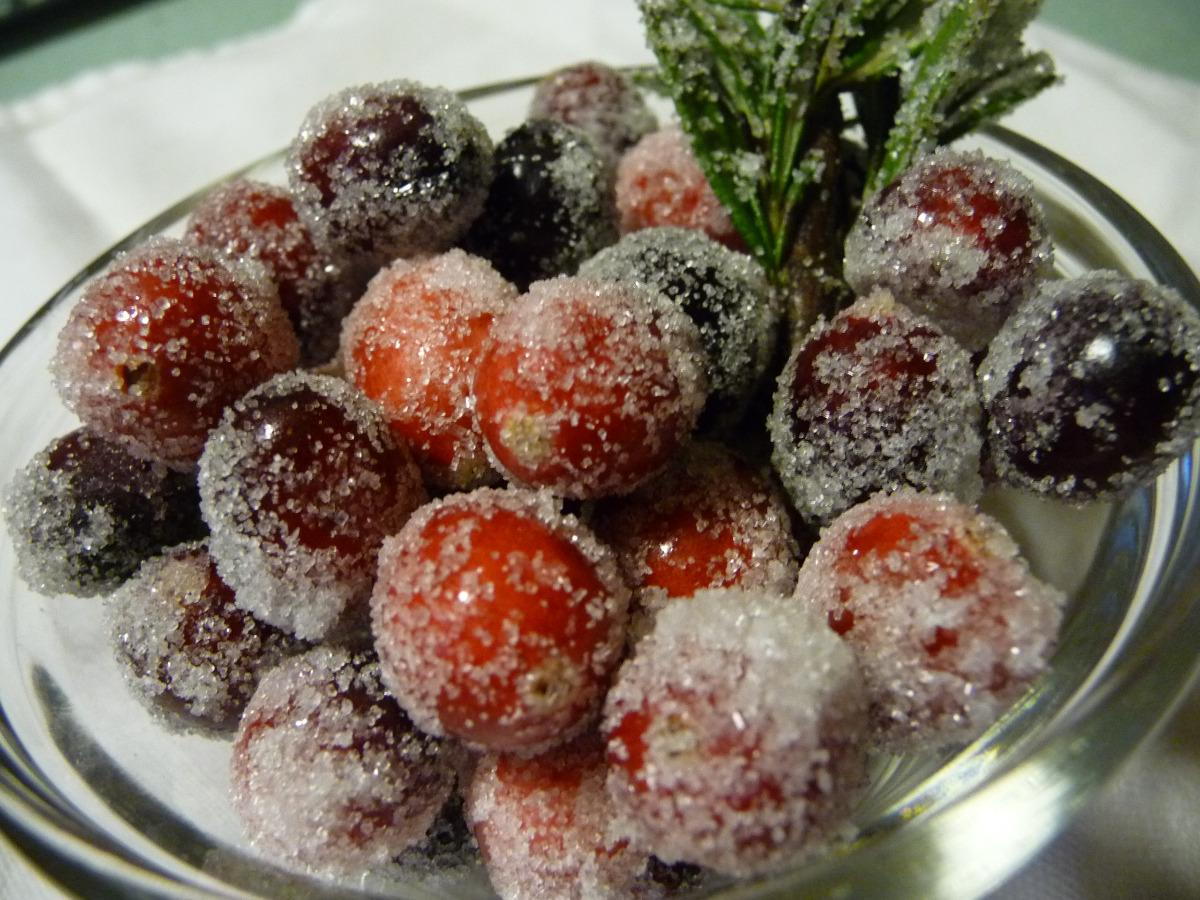Thanksgiving Feast: Which Foods are Good or Bad for Our Pets?

- posted: Nov. 18, 2022
Thanksgiving Feast: Good or Bad for our Pets?
It’s Thanksgiving which means turkey, pies and lots of tasty food. It is tempting to share holiday meals with our pets, but many foods cause gastrointestinal distress and some are toxic to our furry friends. So, is it OK to give your pup a taste of turkey or let your cat have a bite of pumpkin pie? Read on for more info!
Pumpkin is a safe and natural source of fiber for both cats and dogs. If you want to feed your pet some pumpkin, make sure it is plain canned pumpkin, not pumpkin pie filling as you do not want to feed your pet the sugar and spices in pie filling. The fat, sugar and spices in pie can make pets sick. Spices, while not likely to be toxic in the amounts found in pie, can be toxic on their own in large amounts. Accidental ingestion of whole nutmeg can cause vomiting, abdominal pain and seizures. Allspice and cloves-especially clove oil-can cause liver toxicity in cats and may cause vomiting, staggering and tremors. Cinnamon may be irritating to the mouth and skin in large amounts.
Stuffing, gravy and other foods may contain onions, garlic and other plants in the Allium family such as chives or leeks. These can cause a type of anemia in dogs and cats called Heinz body anemia. Cats and Japanese breeds of dog such as the Shiba Inu are more sensitive to the effects, and large amounts or chronic exposure are more likely to cause illness—about 1-2 ounces of onion or garlic could be toxic to a 15 pound pet. Affected pets may have pale gums and seem weak or lethargic.
Raw yeast dough can cause bloat and alcohol poisoning in dogs or cats who ingest the dough. The yeast is the culprit. The warm, moist environment of the stomach activates the yeast in the dough, causing carbon dioxide to form. This can lead to bloat. Fermenting yeast also produce alcohol which can be rapidly absorbed into the blood stream causing lethargy, respiratory distress or even seizures. Affected pets may exhibit signs of retching or vomiting, distended stomach, and collapse. Pets can die from these symptoms, so, if you are making bread or rolls with yeast make sure pets do not have access to the unbaked dough.
Turkey isn’t toxic, but the fatty skin and seasonings could lead to stomach upset, diarrhea and maybe worse with illnesses like pancreatitis. Intestinal obstruction could also occur if your dog or cat decides to forage through the trash finding bones or non-edible items like aluminum foil or plastic wrap that may have tasty food remnants attached. Make sure pets do not have access to turkey carcasses
Cranberries are generally safe for cats and dogs, but, feed in moderation. Dogs and cats could experience stomach upset if they eat too many cranberries and dried cranberries and sauces and cranberry juice have a lot of sugar, so feed sparingly. Fresh cranberries can also be a great occasional snack for birds, bearded dragons, hamsters and guinea pigs.
So, it’s ok to share a little bite of turkey or a cranberry or two with your fur babies, but don’t give your pet a whole plate of rich Thanksgiving foods or you could end up in our office or at the ER instead of shopping and enjoying time with family and friends. Patton Veterinary Hospital wishes you al a safe, happy and healthy Thanksgiving!
This blog brought to you by the Patton Veterinary Hospital serving Red Lion, York and the surrounding communities.
Location
Patton Veterinary Hospital
425 E Broadway
Red Lion, PA 17356
